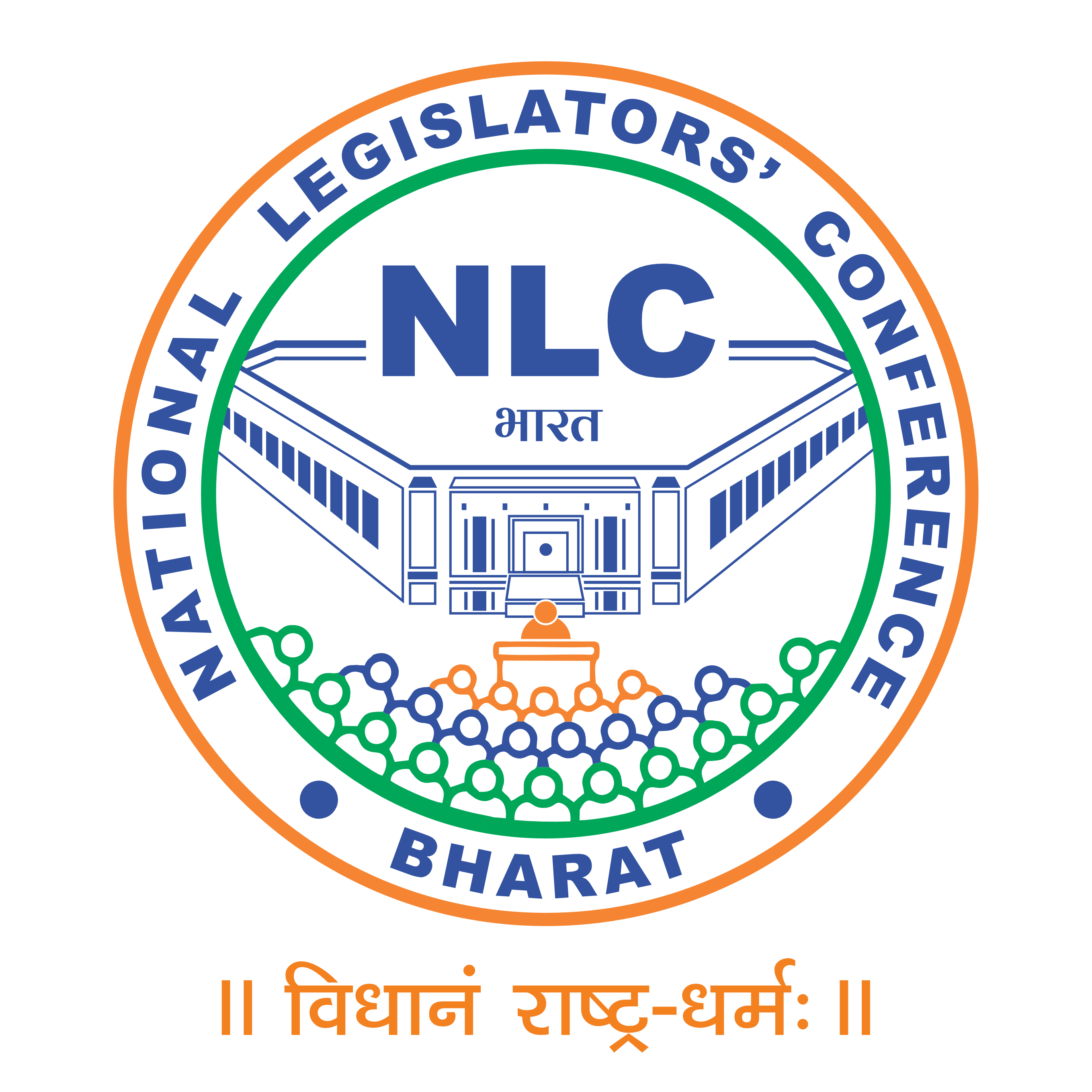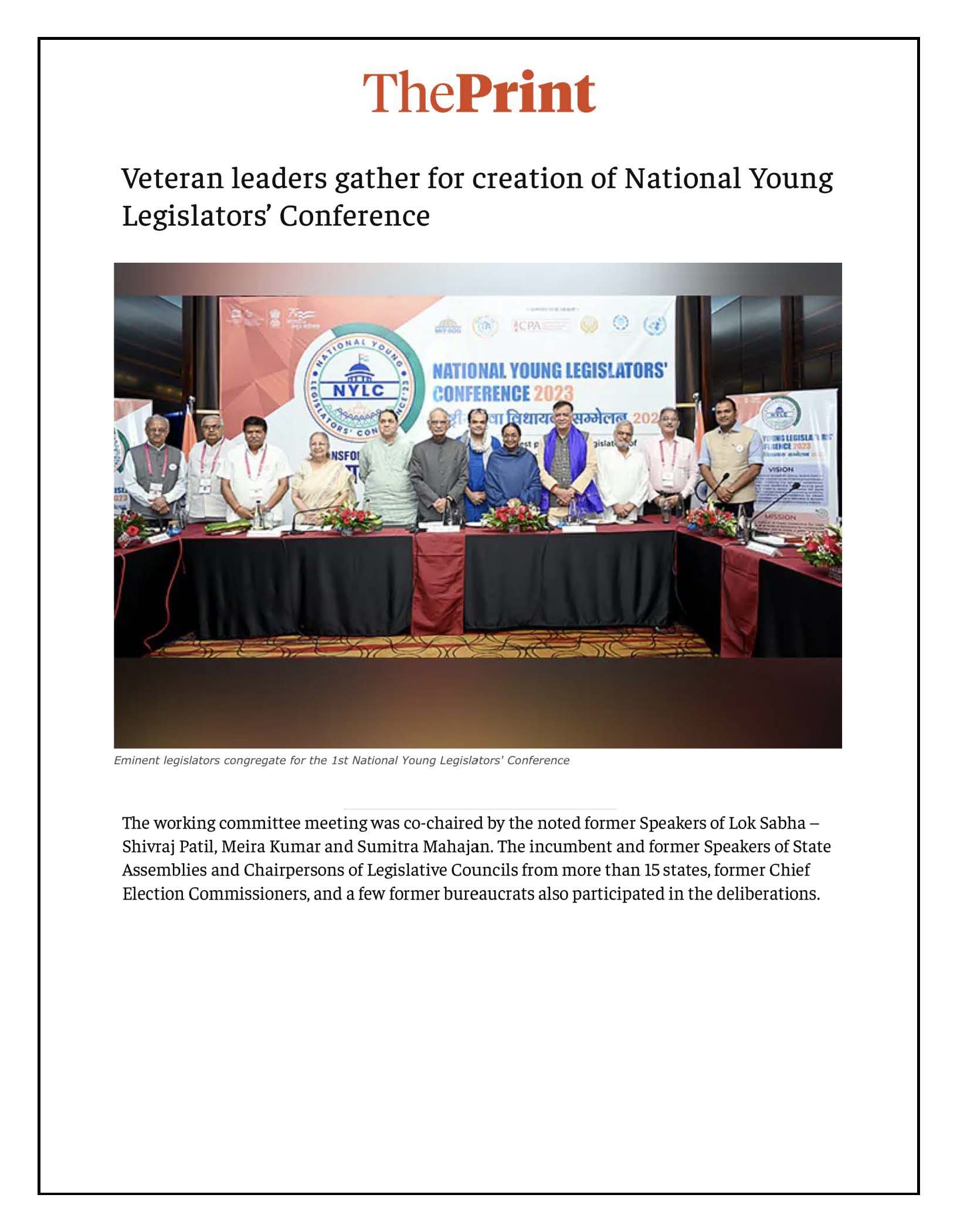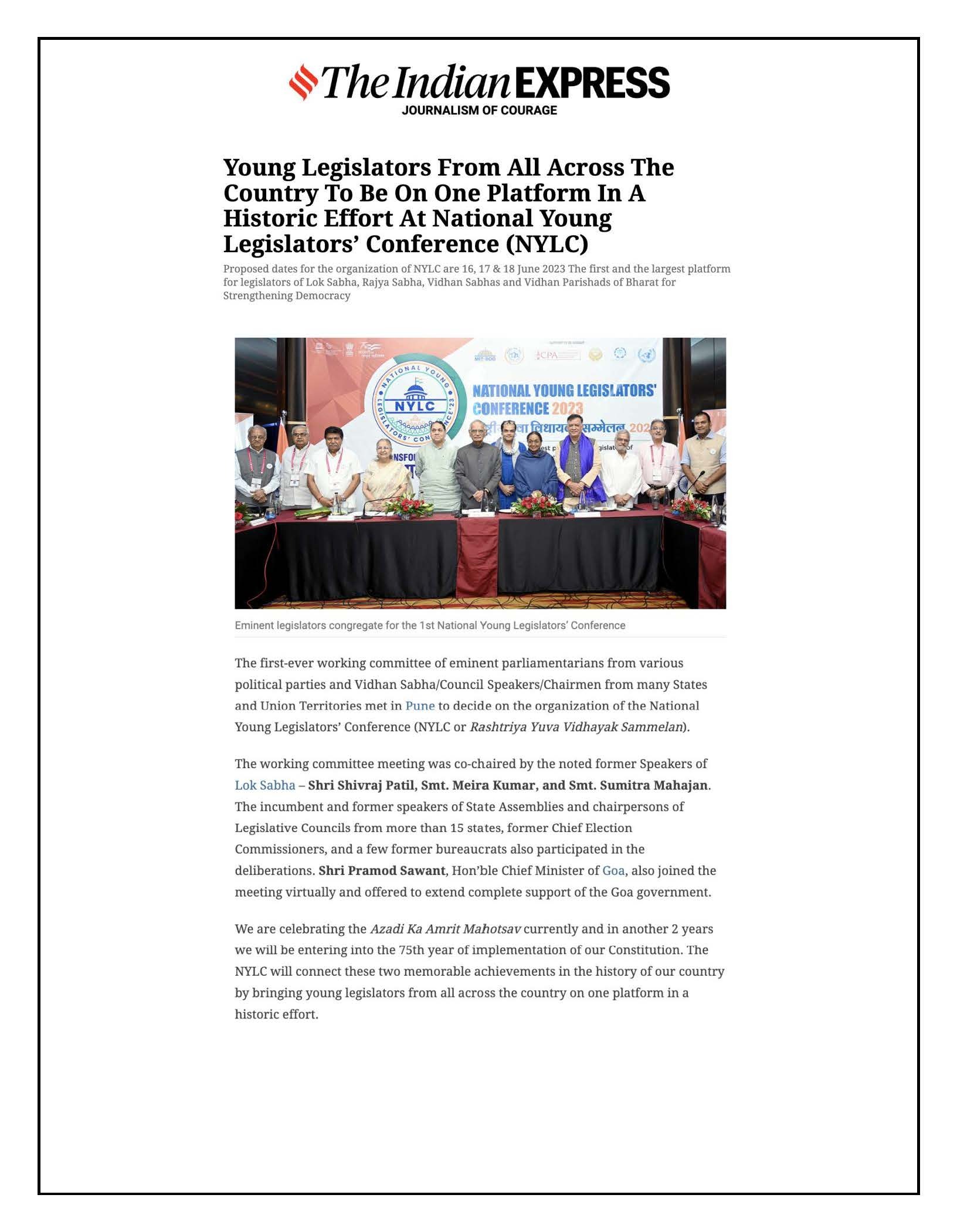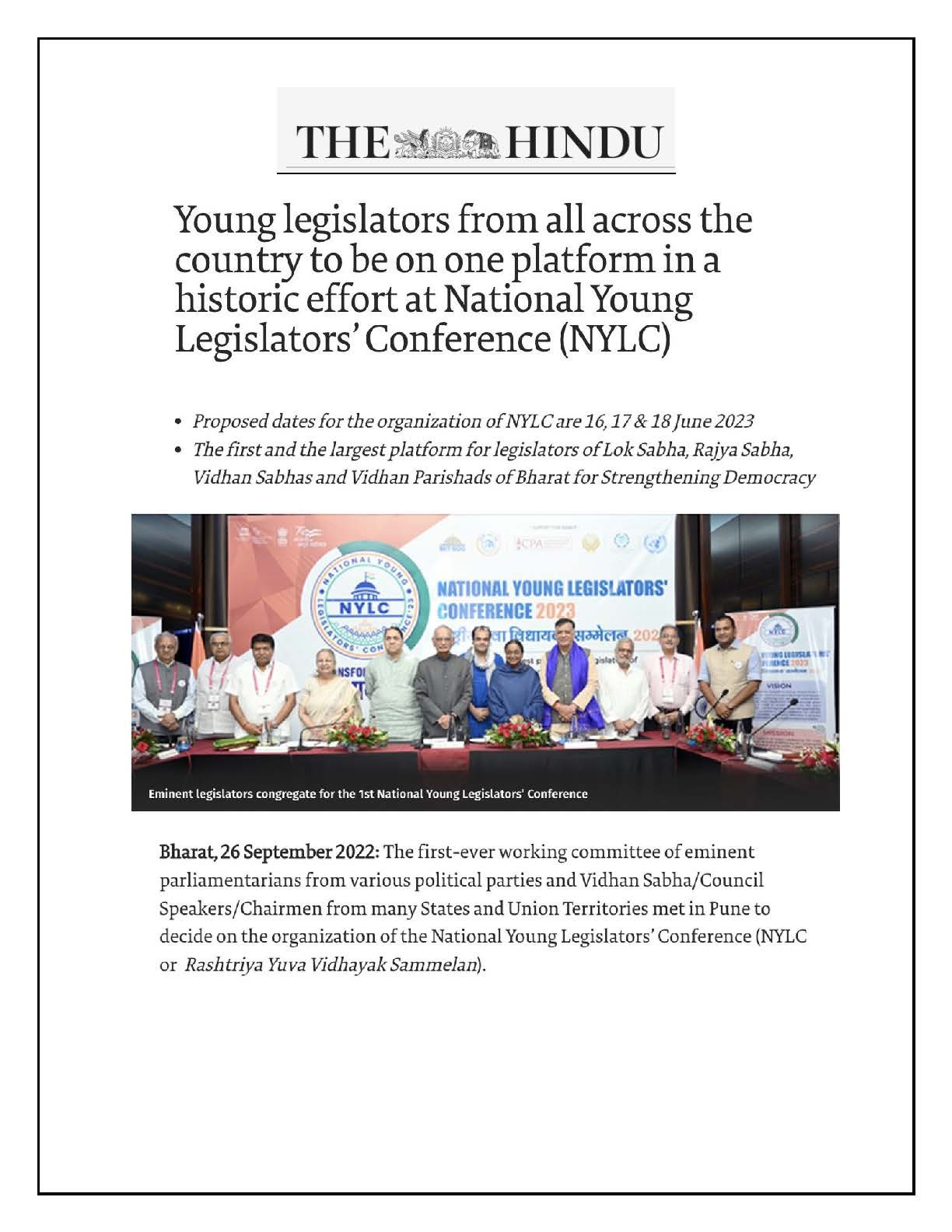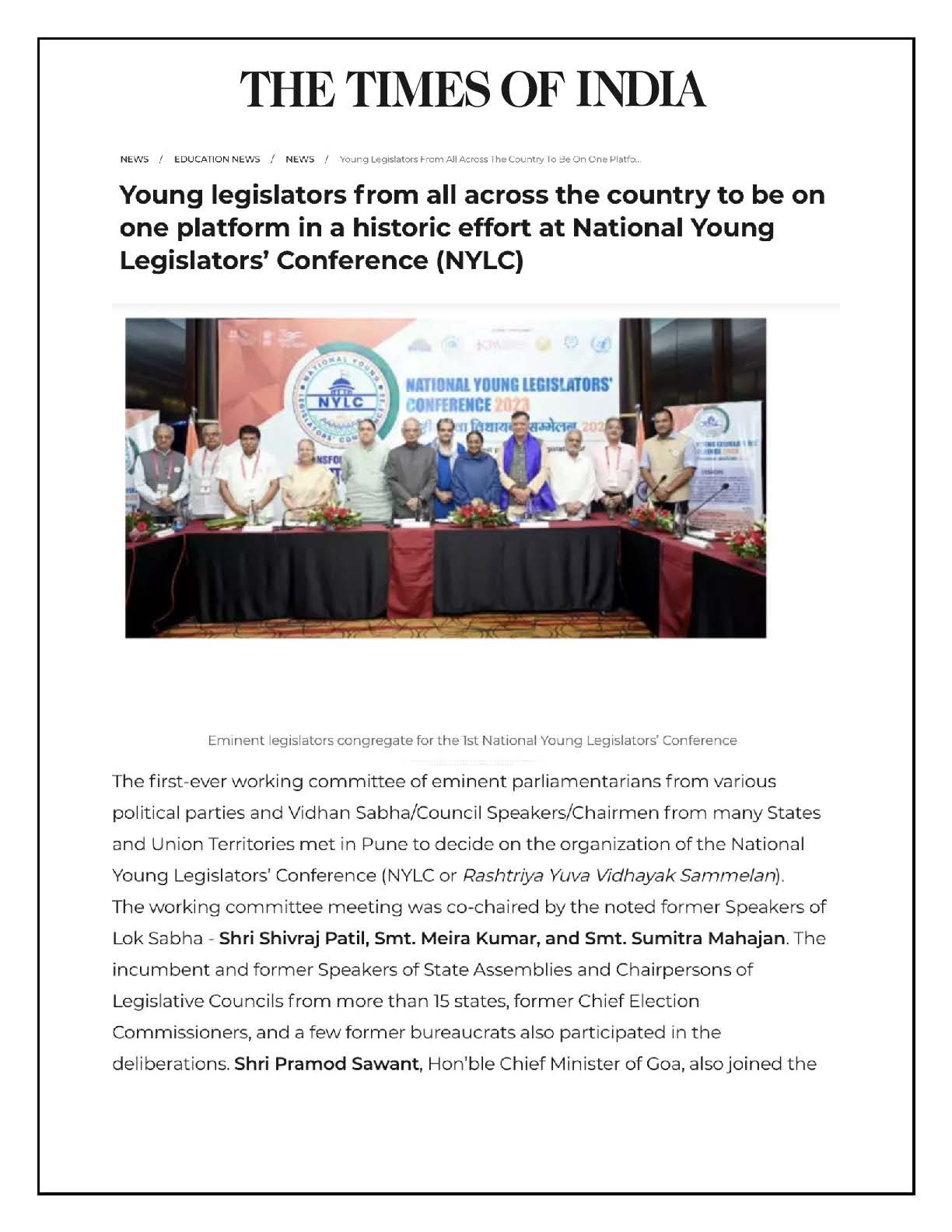Despite the fact that politics and public service are meant to be synonymous, there sometimes seems to be a distinction between the two. The public may back their dedicated elected officials but abhors corrupt, power-hungry politicians. Why is it that so many politicians have a poor reputation while their positions appear so selfless and noble? The answer is not that simple.
A competitive election process itself demands a perception of reputation for the politicians. Many candidates for municipal offices are already well-known overachievers with plenty of self-confidence. Public service and politics are not careers for social introverts. Politics is, by nature, meant for the ambitious people, and ambitions need to be matched with the moral and ethical canvas of society. A politician who is under a lot of pulls and pressures from different constituents may make certain choices, which may not be liked by some people, who in turn could act with a malice. The politicians need to maintain balance and counter the efforts to tarnish her/his image with different tactics.
Politicians may all be equally susceptible to some wrongdoing if one is capable of dirty tricks or neglect of duty. During election campaigns, when candidates have the opportunity to criticize one another’s political and interpersonal failings, this widespread perception of politicians becomes even more evident. Politicians may develop a terrible image because they are dedicated and have excellent intentions, but they also exhibit poor administrative abilities or a divisive public character.
For all the reasons mentioned above, one thing is clear: a politician thrives or breaks because of his public image, and thus, the need arises to improve one’s conduct, appearance, and behavior in public places. However, image building is not limited to political candidates alone. It also includes political parties.
To succeed, political parties must cultivate a positive reputation among voters. Instead of only concentrating on television advertisements, they should leverage social media and other channels to spread their message. Events are the finest method to establish an image. It’s much simpler and more successful than you may imagine for political parties.
Political parties are the best when it comes to developing an image because you don’t need to know the individual political leaders. A Political Party’s reputation is crucial to its success, and changing it will require the efforts of many people. The public’s perception of each person is influenced by their heritage.
Image-building processes suggest a host of strategies to improve the party and the candidate’s image. While there is no standard template that can be followed, some of the most widely recommended strategies are listed below:
- Use social media platforms such as Facebook, Twitter, and Instagram to connect with voters
- Speak at events or town hall meetings to get face time with potential voters
- Establish a strong party line
- Develop a core message that resonates with the public and is easy to understand
- Increase awareness of the party and its ideas
- Keep up-to-date on current events and use that as material for content
- Make sure all messages are clear, concise, and consistent
- Find out what people think about the party, and address any criticism head-on.
- Make sure that leaders are accessible to the public in person or through social media.
- Use floor time in the legislature to raise people-centric issues, and questions & participate holistically in discussions, and debates. Avoid “playing to the gallery” and participate because you are answerable to the people.
Given the above, the participants in this session can address the following questions during the discussions:
- How to leverage the power of social media to build a personal brand?
- What should be done to avoid spats, mud-slinging, and unpleasant verbal exchanges?
- What can political leaders do to improve their public perception?
- How can representatives perform better in the legislature? How does it improve their public image?
- How to deal with image obsession and strategies for avoiding them.
- How to handle the negative media campaigns?
- What type to communication strategies one should adopt while communicating to different publics in the constituency?
- What role does personal values play in image construction?
